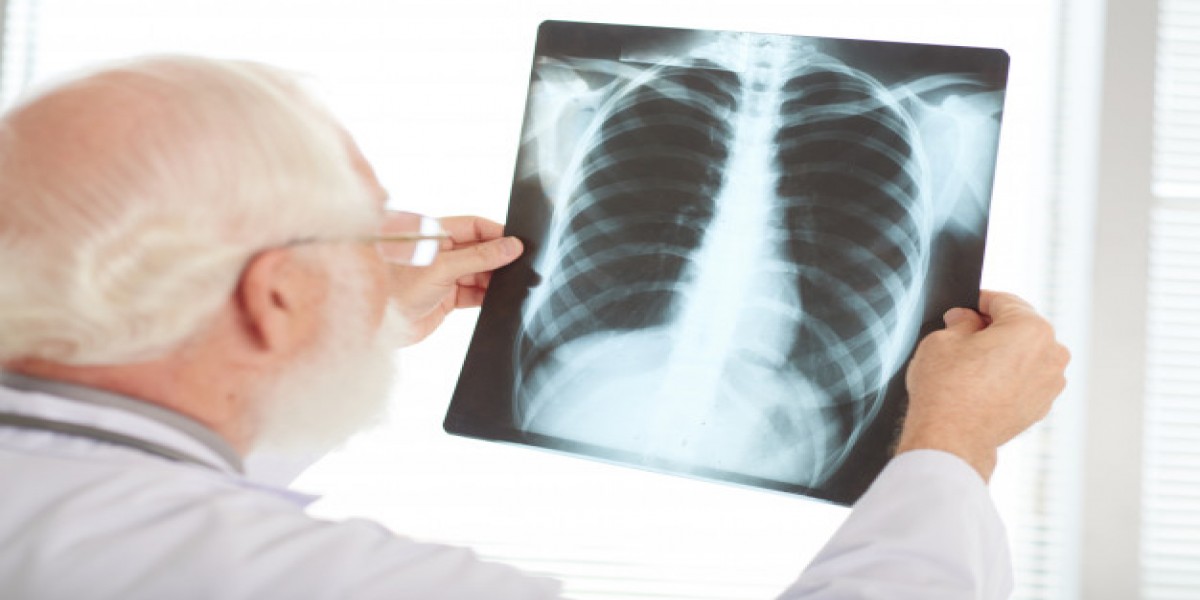
The word cancer can be terrifying, but knowing more about how to manage when you are diagnosed with cancer can help you make better decisions regarding your prognosis. Lung cancer is one of the most common of all cancers and if you or someone you love has been diagnosed with it, then it is important to be educated on how to change your lifestyle, and what your treatment options are. Create a list of the questions that you have when you meet with your doctor, so you will have a better idea of how to move forward.
What is lung cancer?
This is probably the first question that arises in anyone’s mind though they’ve been hearing it all their life. Lung cancer happens when the cells in the body grow and multiples and spread. The lungs themselves are two-sponge like organs in the body, with the left lung having two lobes and the right lung has three lobes. So cancer starts in the cells lining the different parts of the lungs - the bronchi, bronchioles and alveoli.
How many types of cancers are there?
There are mainly two types of cancers: Non-small cell lung cancer (NSCLC) and Small cell lung cancer (SCLC). There are other types of cancers as well, but they aren’t as common or widespread as these. And sometimes, cancer that starts in other organs.
Non-small cell lung cancer comes in various subtypes like adenocarcinoma, squamous cell carcinoma, and large cell carcinoma, but the treatment and prognosis are almost similar, so they are grouped together.
Small cell lung cancer grows faster and spreads faster, and they would usually have spread when they are diagnosed, but the good news is that they respond well to chemotherapy and radiation.
What is the treatment for NSCLC?
The different treatment regimes, depending on the patient’s cancer growth:
- Surgery
- Radiofrequency ablation
- Radiation therapy
- Chemotherapy
- Targeted drug therapy
- Immunotherapy Palliative procedures
Who all are in the team of cancer care doctors that would be assigned to you when you are diagnosed with lung cancer?
- Thoracic surgeon
- Radiation oncologist
- Medical oncologist
- Pulmonologist
Of course, there would be other experts in the team, for example, nurses, physiologists, psychologists, social workers, rehabilitation experts and so on.
Can non-smokers also get cancer?
The common belief is that only smokers are more prone to cancer. Unfortunately, non-smokers can also get cancer, especially if they are exposed to people who smoke regularly. Certain environmental chemicals and asbestos exposure can also cause lung cancer.
What are the latest innovations in cancer treatment?
Two main innovations are made in the field of lung cancer treatment; targeted therapy and immunotherapy. Targeted therapy helps in targeting those molecules that are responsible for the growth of cancer cells and stopping them from dividing and spreading. In Immunotherapy, the immune system of the patient is boosted to make it locate and kill cancer cells.
It is very important to be in touch with your cancer care team to make informed decisions about your healthcare. These questions that we’ve listed above would help you get started on how to go about your treatment. We have certified Arab doctor in Qatar if you need to know more about your treatment options, the different types of clinical trials offered, different ways to treat your symptoms and if there are any side effects to the treatment.
Naseem Al Rabeeh has hired the best skilled and knowledgeable Indian doctors in Qatar to make your treatment journey easier. Cancer is never easy, but when you have the best doctors guiding you, you can go about the process with more confidence.